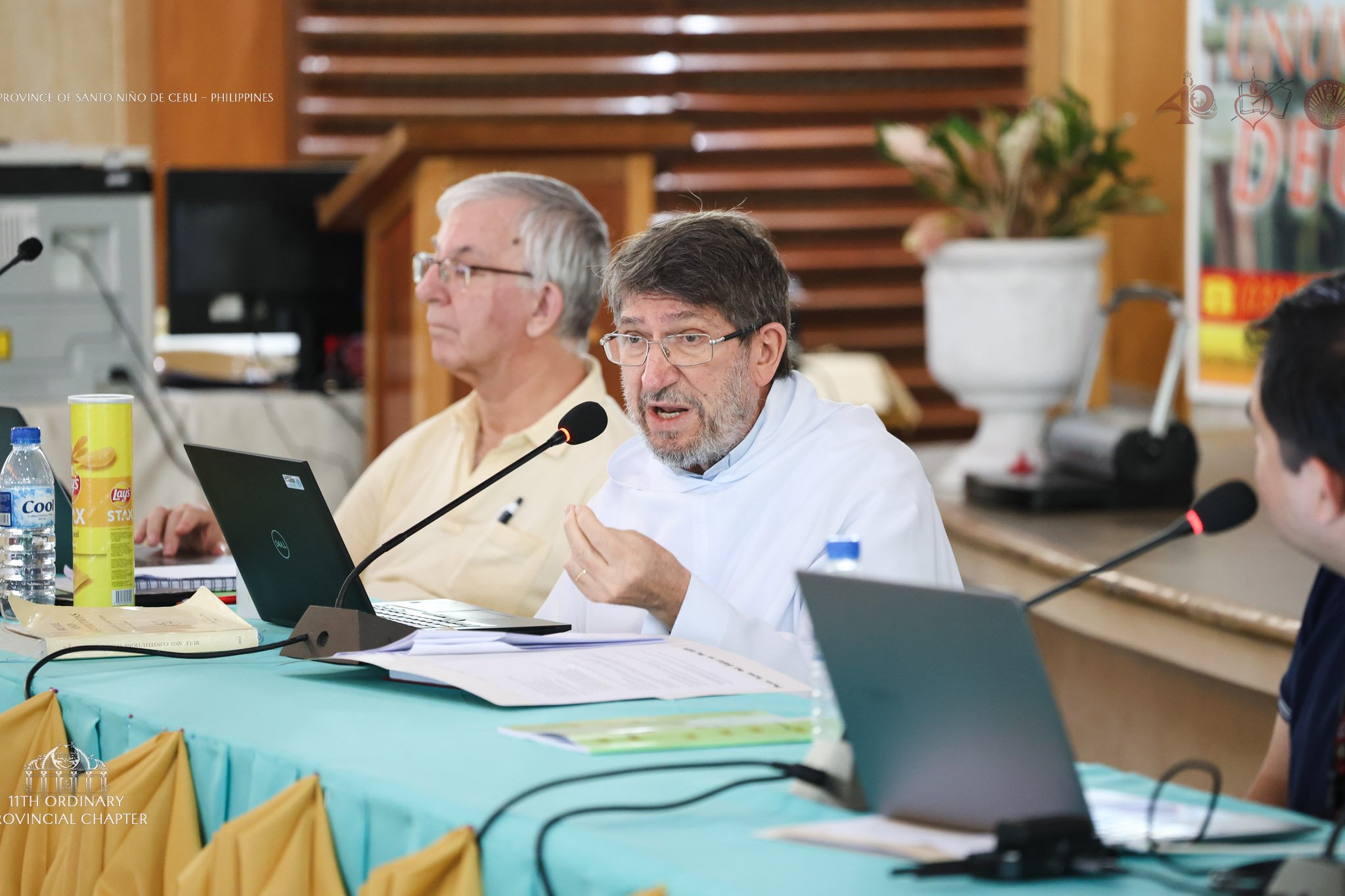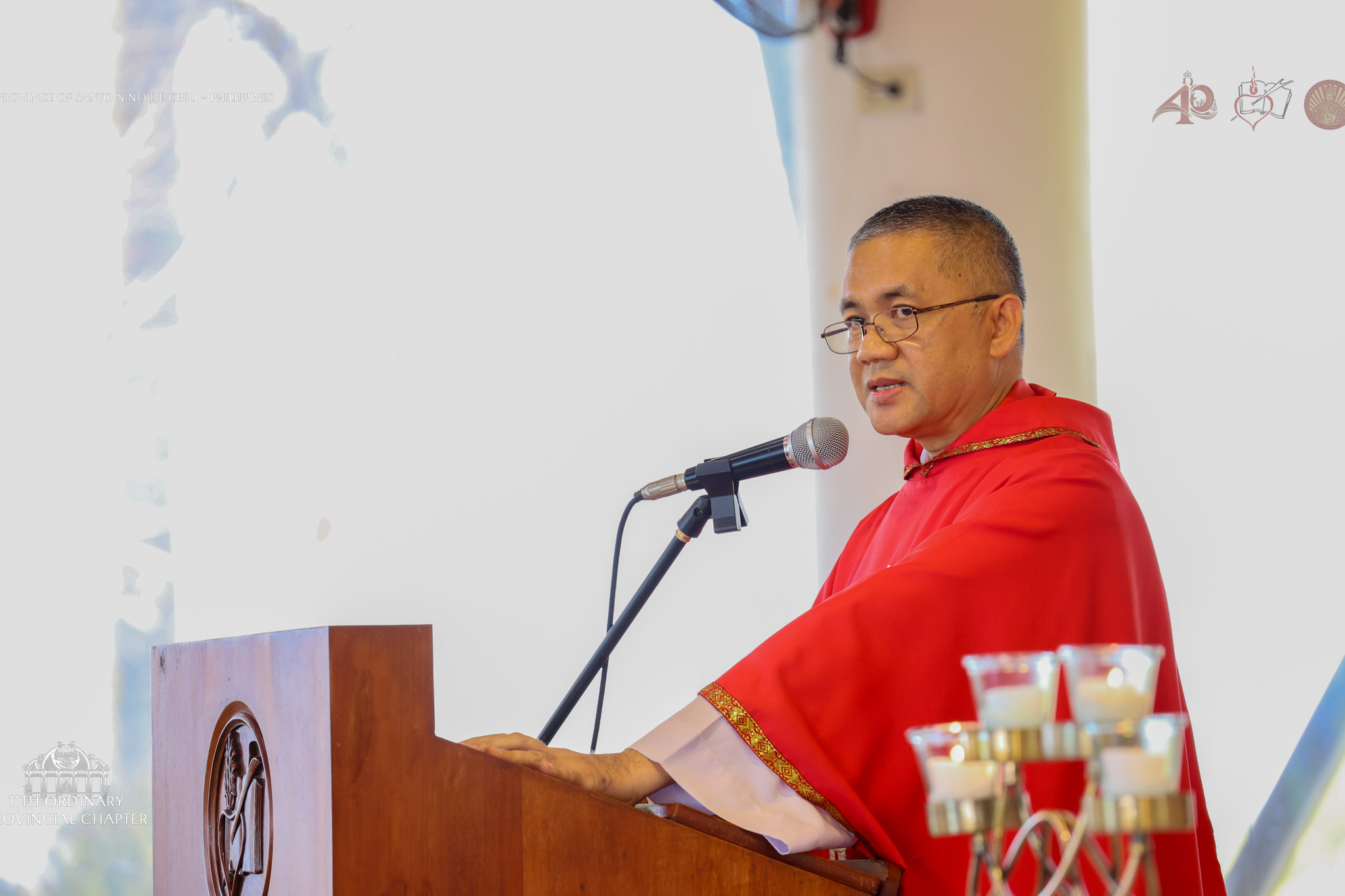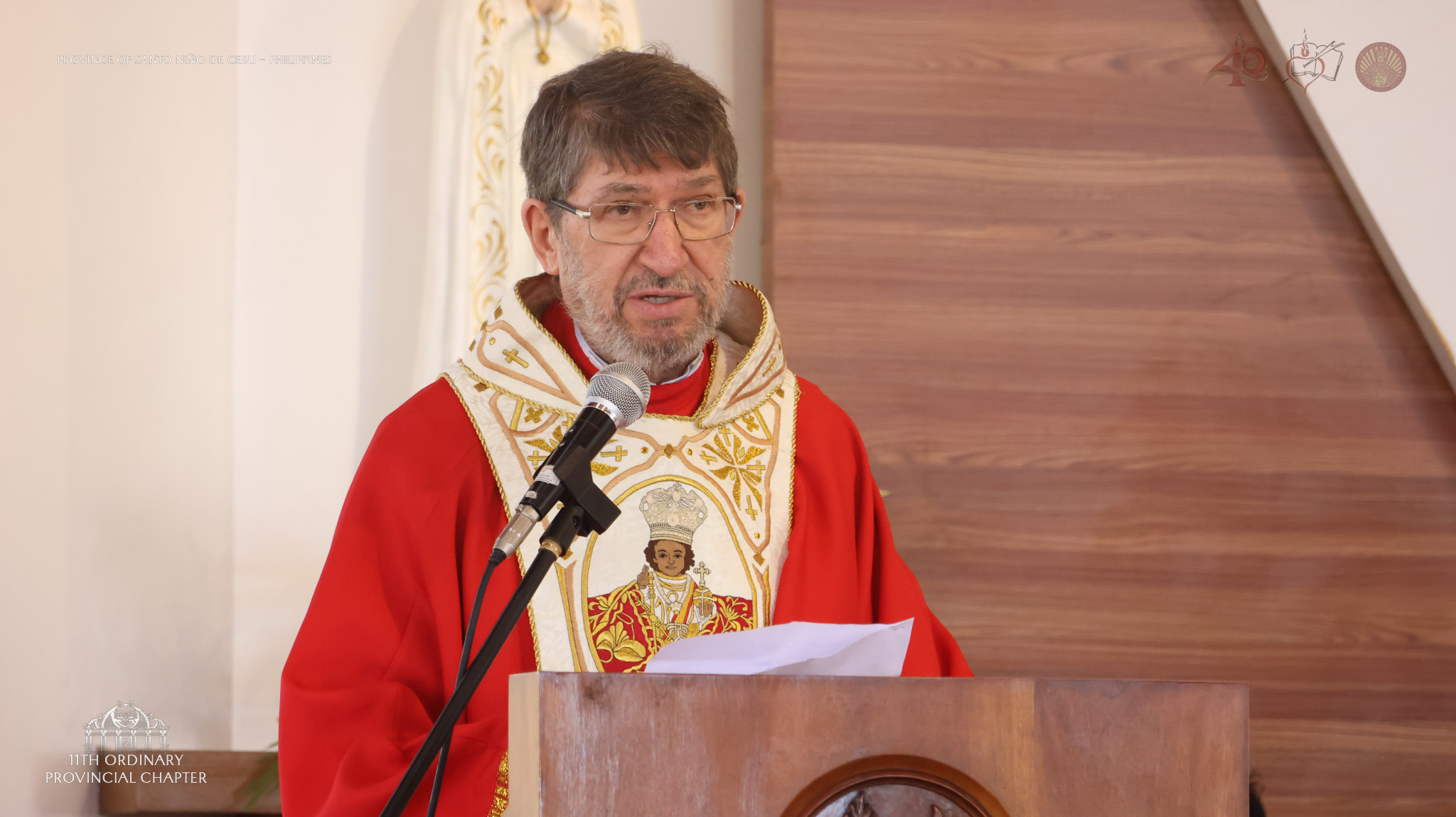A community is an agora. It is a place of interaction. It is a place wherein residing in the cogito has no place. One does not really fully welcome someone who stays secluded in one’s own space. A community is a place where people live with and for one another as brothers living together in peace and harmony. In this sphere of existence, people from different milieus come together and stay with each other. And from being strangers to one another, form a certain bond called friendship. This bond keep them in tact despite the quarrels that arise in the community because “friendship always meant a bond that unites two persons in mutual sympathy.”(Augustine through the Ages: An Encyclopedia.) In a nutshell, living in a community is living with and for others. With this notion, it can be said that in a community, doing things for self-gratification and self-promotion is something to be avoided. Every member’s work and effort is made and exerted so that the whole community might benefit from it. All members are a portion of the one great body, the Church. Thus, everything done has an effect on the community’s well-being. And every member of this web of minds and cultures matters. Every member of this community, how lowly of origin be, or how little he may think of himself, brings a great effect to the community.

Care for the common good
Besides living simply with and for others, the context of a community encompasses the all the goods that are in it. These include technicalities and material apparatuses. Therefore, care for them is also taken into consideration and not just overlooked. By showing great concern for the goods of the community, the members of the community show also a growth in charity. In this context, we see caring for community goods not as a prescribed necessity, but rather as a way to ensure that future members can use them as well.It is noteworthy to remember that all people are mere tenants of the households they reside in. Inevitably, they will die and carry nothing with them. Therefore, thinking of others’ benefit is really a core value.
Sharing
Another aspect of the acts done in a community is sharing. As people living in a community, or rather, in communion with one another, community members have that urge to share what they have with others. A community is not an institution for improvement, an avenue for enterprise or industry for business. Instead of focusing on personal gains, one is formed and oriented towards a life of sharing things in common. In the simplest contexts, when someone needs a pen, lend one. If you have food, give some to others. However, these acts are hindered by the fact that those who have are still using or also in need of the things they share. And instead of sharing it, there is the tendency to keep it to oneself. In this matter, one really finds himself in a dilemma between sharing and keeping. The solution, however, is quite easy. The key here is sharing. When sharing, one should not give to the point where the giver loses what is given. Rather, he shares it genuinely and unconditionally. In this sense, something not only benefits one person, but also extends its benefits to others. This shows the true essence of sharing: sharing something from one’s system, sharing a part of oneself. Or much better, it is sharing to the point that it hurts to share. It is as such because in “sharing” something that is of no value to the sharer, sharing is not what is happening but a modest way of dumping trash. What good is there in doing that? The idea of sharing is simple enough that everyone is capable of it but often difficult enough that almost everybody fails to do it. More so, sharing is a simple way of showing love to others and to Christ for in sharing, not only two people partake in the object shared. A third person is present who is Christ. And in this sense, a magnificent event takes place, that is, a religious experience of Christ.
These instances and virtues are only some of the beauties of being in and with a community. Showing them in manner of writing is probably one of the many ways to showcase it. but still, the best way to learn about these beauties is to experience them first hand by living in a community, a community of brothers (and sisters) living together with one mind and one heart in Deum. (Asp. Ian Ronnel M. Garcia, 3rd Year Aspirant, STVI)



